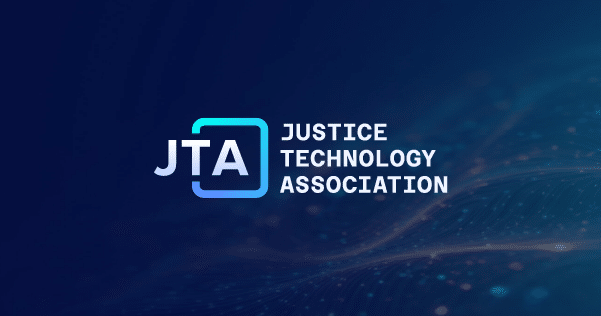Accountant Board Complaints: Navigating the Risks and Responsibilities
Matt
Founder of BoardWise

Certified Public Accountants (CPAs) and other licensed accounting professionals face a high level of scrutiny due to their fiduciary responsibilities, technical expertise, and the public trust placed in their work. When a complaint is filed with a state board of accountancy, the process can feel overwhelming and the consequences significant. Understanding the sources of complaints, the investigative process, and the potential outcomes helps professionals prepare for and mitigate risks.
Common Grounds for Complaints
Accounting complaints often involve allegations of negligence, professional misconduct, or ethical violations. Examples include failure to follow Generally Accepted Accounting Principles (GAAP), misrepresentation of financial information, conflicts of interest, and improper client communication (American Institute of Certified Public Accountants [AICPA], 2022). Clients may also file complaints if they perceive overbilling, inadequate service, or breaches of confidentiality.
Regulatory bodies receive complaints not only from clients but also from employers, government agencies, and even other professionals. Some complaints originate from audit work, where errors can have wide-reaching effects on financial statements and public reporting (Arens et al., 2020).
The Investigation Process
Once a complaint is filed, the state board of accountancy typically conducts a preliminary review to determine jurisdiction and credibility. If sufficient grounds exist, the board opens a formal investigation. Accountants under investigation are given an opportunity to respond, provide documentation, and present their defense (National Association of State Boards of Accountancy [NASBA], 2023).
Investigations may involve interviews, review of work papers, and expert evaluations. If the board finds a violation, potential sanctions include fines, mandatory continuing education, probation, suspension, or revocation of a license (NASBA, 2023).
Consequences Beyond Sanctions
The professional consequences of board complaints extend beyond regulatory sanctions. Even when cases are resolved without severe penalties, the stress and reputational harm can be significant (Carmichael, 2019). Negative publicity or disciplinary records may impact client trust, career advancement, and opportunities for firm partnerships. Furthermore, disciplinary findings can be shared with other regulatory or professional organizations, amplifying the consequences.
Preventive Strategies
Preventing complaints requires a combination of technical competence and strong ethical practice. Accountants should maintain clear communication with clients, document all work meticulously, and seek peer review or consultation when faced with complex issues (Arens et al., 2020). Ongoing professional education, especially in emerging areas such as cybersecurity and evolving tax regulations, helps reduce the likelihood of errors.
Equally important is cultivating a client-centered approach. By setting clear expectations, explaining complex accounting decisions, and practicing transparency, professionals reduce the risk of misunderstandings that can lead to complaints.
Conclusion
Board complaints against accountants underscore the importance of both technical accuracy and ethical conduct. While the regulatory process may feel daunting, professionals who commit to continuous learning, documentation, and transparent communication are better positioned to avoid complaints and maintain the trust central to their role in society.
Get Help With Your Response
BoardWise helps you draft compliant responses at lightning speed. With flat-rate pricing, secure session files, and zero data retention, you can respond with confidence and clarity.
Get Started with BoardWiseReferences
American Institute of Certified Public Accountants. (2022). Code of professional conduct. AICPA. https://us.aicpa.org/research/standards/codeofconduct
Arens, A., Elder, R., & Beasley, M. (2020). Auditing and assurance services: An integrated approach (17th ed.). Pearson.
Carmichael, D. R. (2019). Professional accountability and public trust in accounting. Accounting Horizons, 33(2), 1–13. https://doi.org/10.2308/acch-52374
National Association of State Boards of Accountancy. (2023). Accountancy licensing and enforcement. NASBA. https://nasba.org

